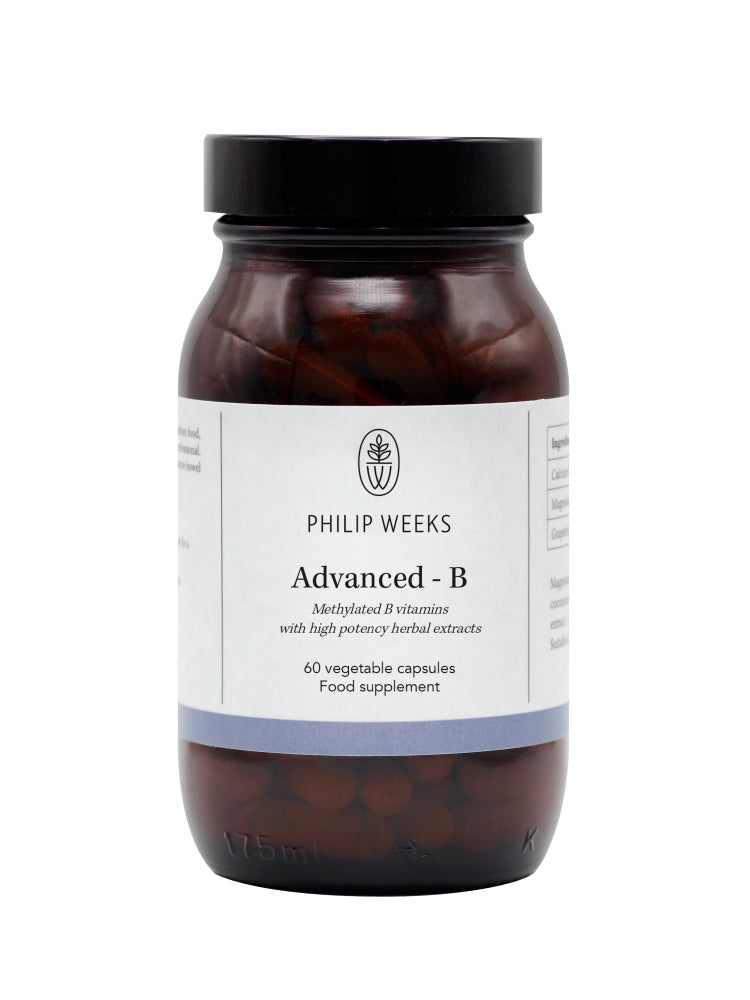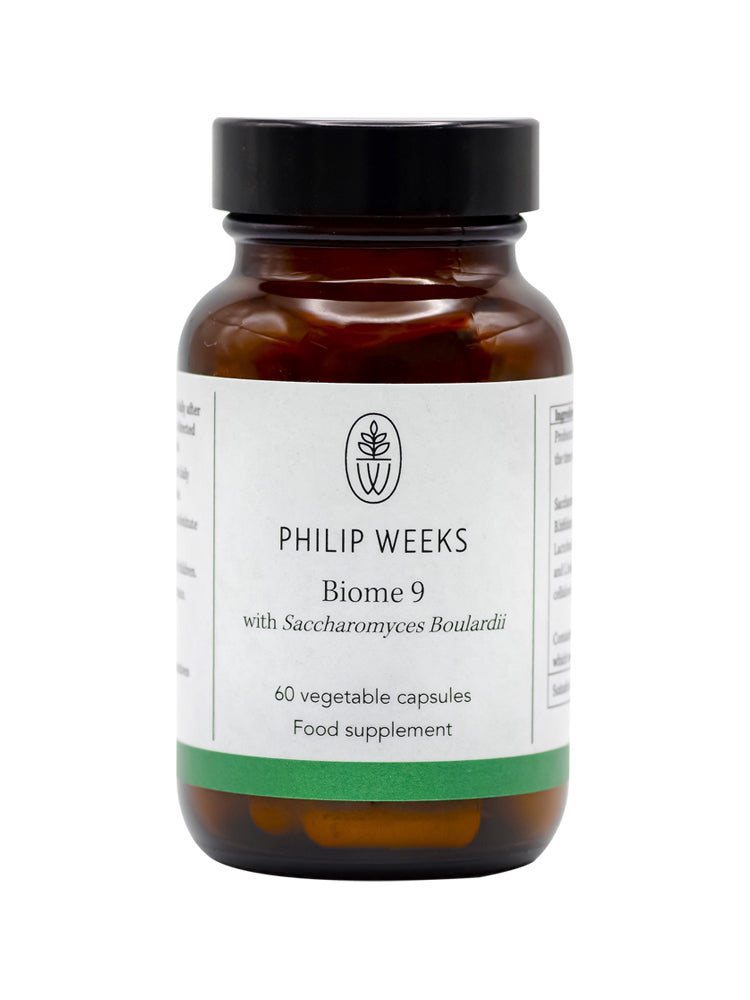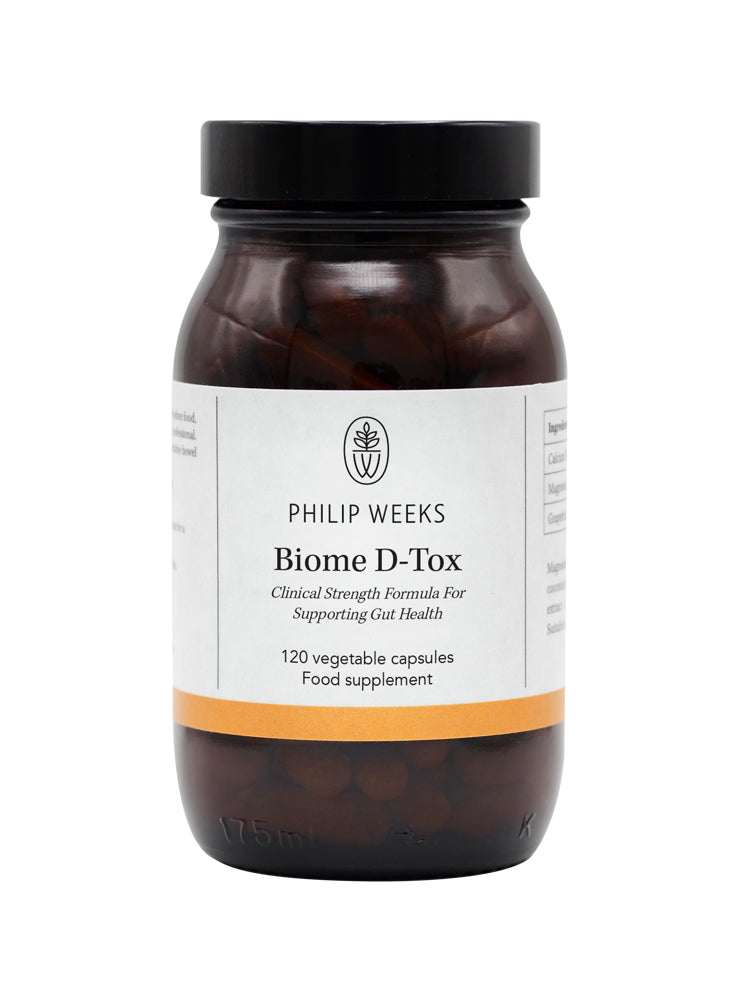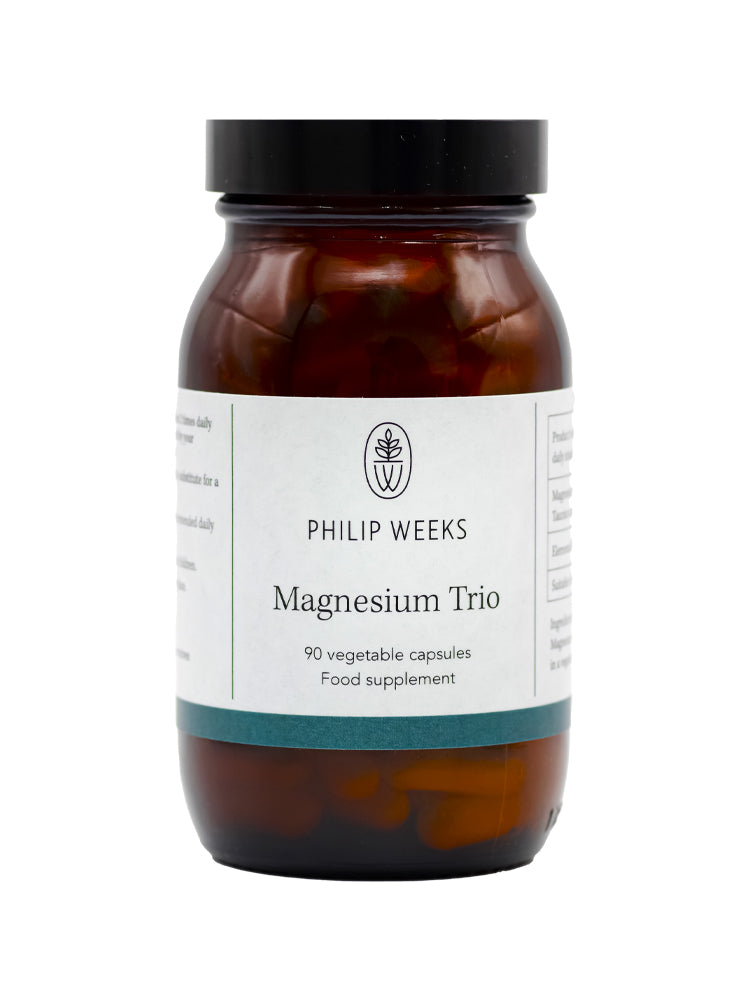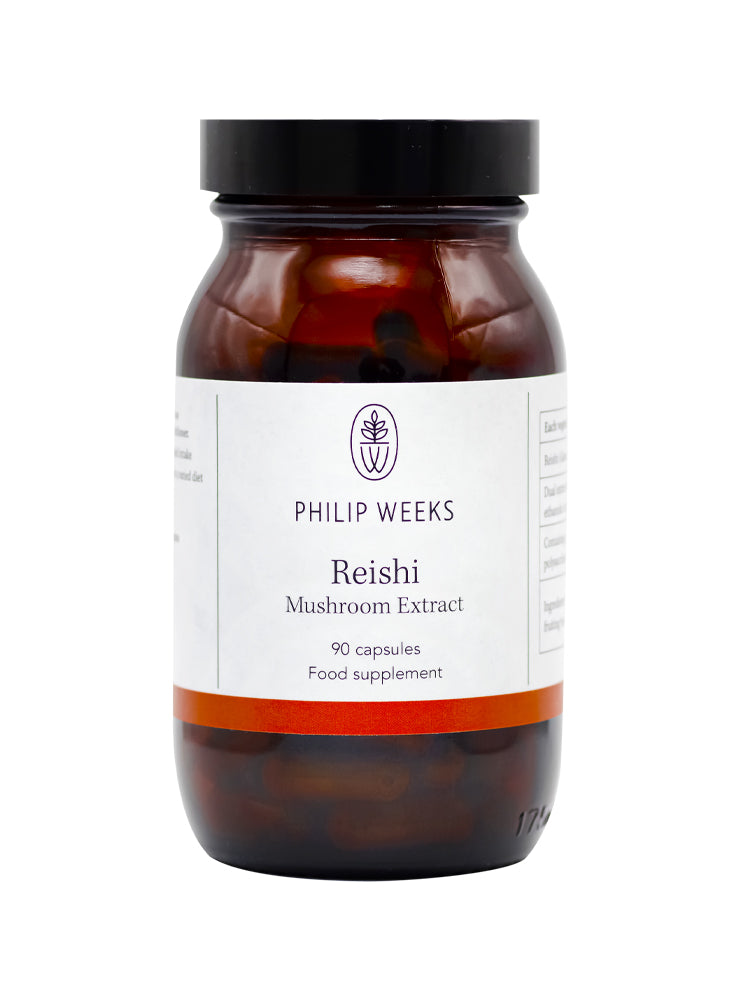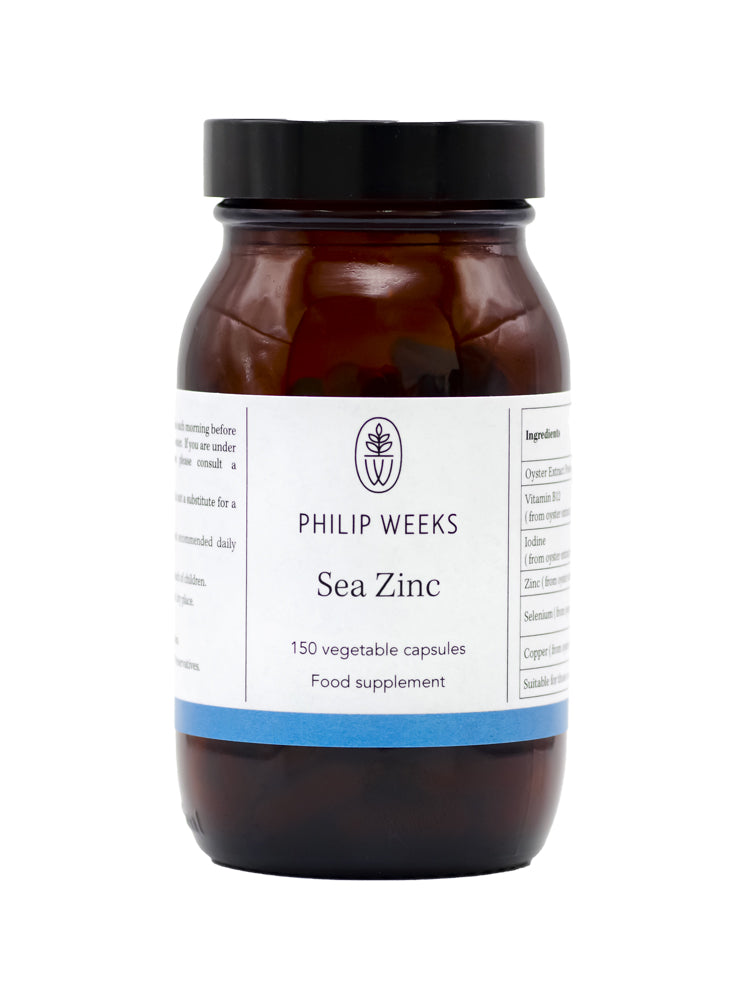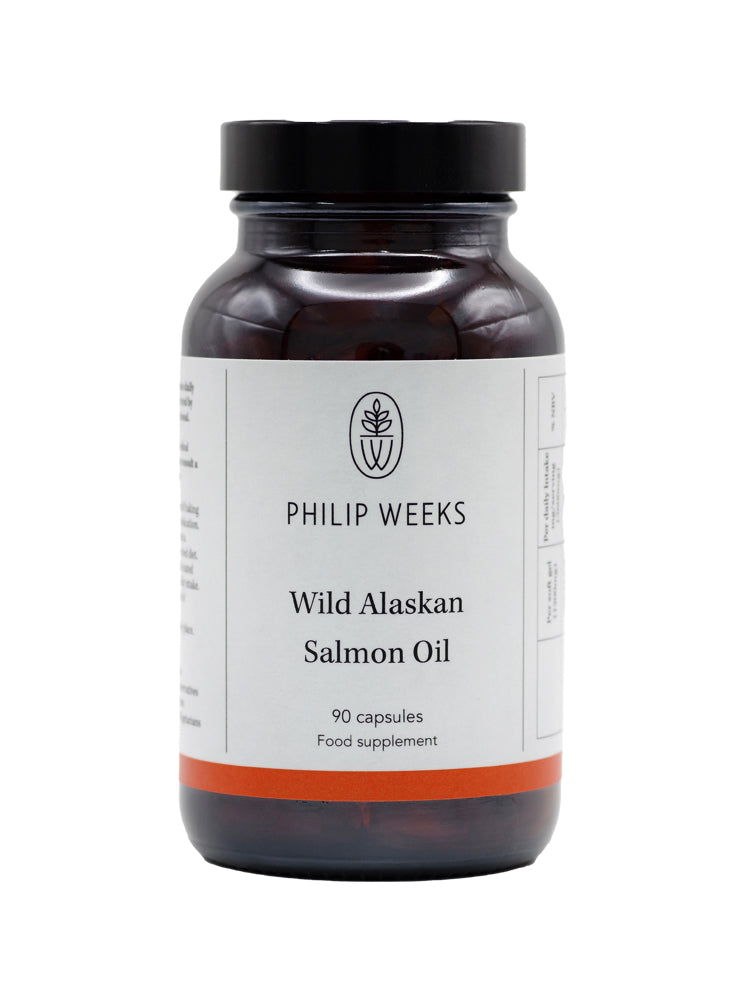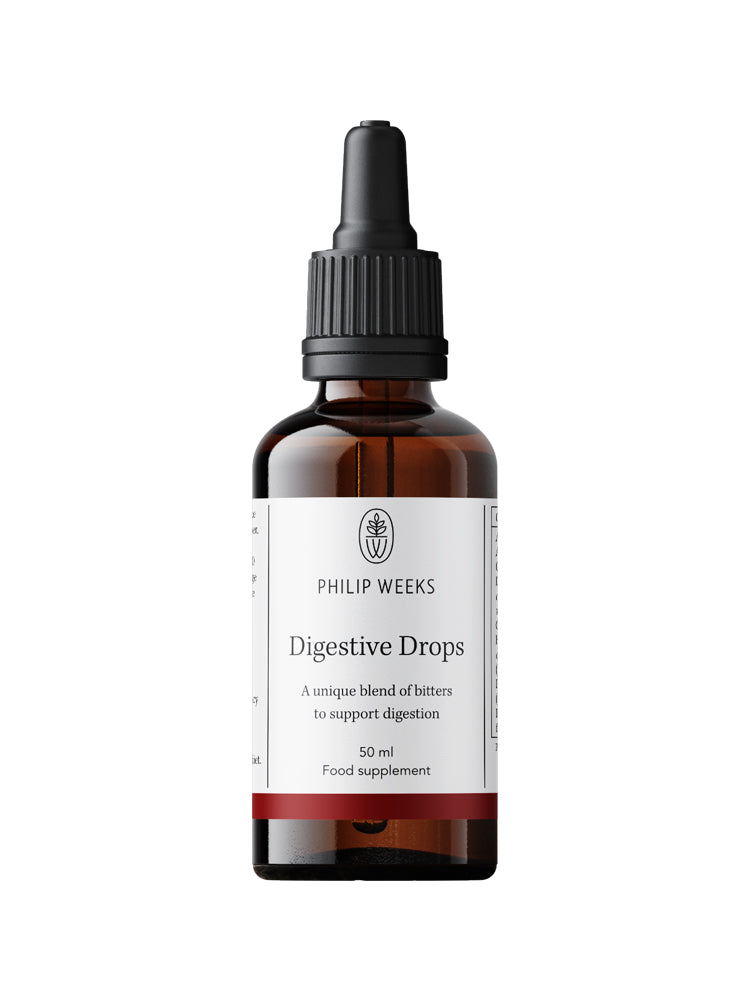Fatigue and burnout are all too common in our fast-paced world, leaving us drained, foggy, and overwhelmed.
I’ve seen how nutrition can be a game-changer in reclaiming vitality.
Fatigue is more than tiredness, it’s a persistent lack of energy, often paired with brain fog or low motivation.
Burnout, a step further, blends physical depletion with emotional and mental strain, often from chronic stress. Both can stem from poor sleep, stress, or nutrient deficiencies. I’ve discussed before the vital role the mineral magnesium can play but improving B-vitamins status can be a vital piece of the puzzle too.
B vitamins play a crucial role in everything from energy production and glucose metabolism to supporting brain function and mood. However, there are a number of B vitamins, eight distinct types, each with its own essential function in maintaining overall health.
Since your body can't produce B vitamins on its own, it depends entirely on your diet to supply them. When dietary intake isn't enough, or our individual need is increased, such as in times of stress, supplementation can be an effective way to fill the gap.
There are eight B vitamins, each playing a unique role in your body:
B1 - Helps convert glucose into energy.
B2 - Supports skin health and energy metabolism.
B3 - Aids in digestion and energy production.
B5 - Important for heart health and hormone production.
B6 - Crucial for mood regulation and brain function.
B7 - Promotes healthy hair, skin, and nails.
B9 - Supports DNA synthesis, brain function, and cell growth.
B12 - Essential for nerve function, energy, and red blood cell formation.
These vitamins are often grouped together because they work as a team, but each has its own role and they all need to be in the right form to work properly in your body.

Food Sources of B Vitamins
Organ Meats (Especially Liver)
Why it’s great: Beef or chicken liver is one of the most concentrated sources of nearly all B vitamins, especially B12, B1 B2, B3, B5, B6, and folate (B9).
Salmon
Why it’s great. Rich in B1, B2, B3, B5, B6, B7, B9, and B12. A true B-vitamin powerhouse. Also high in omega-3 fatty acids and protein.
(Make sure that you only eat wild salmon, and not farmed salmon)
Whole Grains (Brown Rice, Oats, Quinoa)
Why it’s great: B1, B2, B3, B5, and B6 are abundant—especially in minimally processed grains. What’s missing: B12 or B7.
Dark Leafy Greens (Spinach, Kale)
Why it’s great: Especially high in B9 (folate), and contains small amounts of B2, B6, and B1. What’s missing: B12
Dairy Products (Milk, Yogurt, Cheese)
Why it’s great: Good source of B2, B12, B5, and B7. Lower in B1 and B9.
Eggs
Why it’s great: Contains B2, B5, B7 (especially in the yolk), B9, and B12
Legumes (Lentils, Chickpeas, Beans)
Why it’s great: Plant-based source of B1, B3, B5, B6, B7, and B9.
What’s missing: B12
The type of B Vitamins really matters…
So ideally, we obtain our B vitamins from our diet, but there can be many reasons why levels might be insufficient or need to be supplemented, which is especially the case for vegetarians and vegans. So, for many of my patients I recommend supplements. However, not all B vitamin supplements are created equal. While many people are familiar with the basic benefits of B vitamins what isn’t widely understood is the importance of the form these nutrients come in and how they are manufactured.
That’s why methylated B vitamins are the best. These activated forms can make a major difference in how your body absorbs and uses these nutrients—and, ultimately, their effects.
What Does “Methylated” Mean?
“Methylated” simply means the vitamin is in its active form, the form your body can use right away. Some B vitamins, like folate (B9) and B12, must go through a conversion process in the liver to become active. This is where problems can arise.
Many people have a genetic variation in the MTHFR gene (methylenetetrahydrofolate reductase), which makes it harder for their bodies to methylate—or activate—certain B vitamins, especially folate and B12. If you can’t properly convert these vitamins, even high-quality and quantity supplements might not work as well for you.
Why Methylated B Vitamins Matter
For people with MTHFR variations (estimated to affect up to 40% of the population), methylated vitamins bypass the genetic roadblock. That means:
Better absorption
Your body doesn’t have to do extra work to activate the vitamin.
Improved effectiveness
The vitamin can immediately go to work supporting your energy, mood, brain, and more.
Reduced risk of side effects
Non-methylated folic acid can build up in the blood if not properly converted, which may have negative effects.
By choosing methylated forms such as methylfolate (instead of folic acid) and methylcobalamin (instead of cyanocobalamin), you're giving your body the best chance to benefit fully from these essential nutrients.
The Bottom Line
Your body needs B vitamins to function at its best, but it also needs them in the right form. A Methylated B vitamins are the active, bioavailable versions that your body can use immediately without needing to convert them. Especially if you have trouble absorbing or processing standard forms, switching to methylated B vitamins can make a big difference in how you feel.

Coming soon!
I have created Advanced - B. Methylated B vitamins with high potency herbal extracts with added ashwagandha, Reishi mushroom and Siberian Ginseng. We are currently in manufacture, and I’m really excited to finally have a formula that has the right blend of nutrients. We will let you know when these are ready!
If you have a medical condition or taking medication always consult a practitioner before taking any supplementation. The information provided in this article is for informational purposes only and should not be considered medical advice


